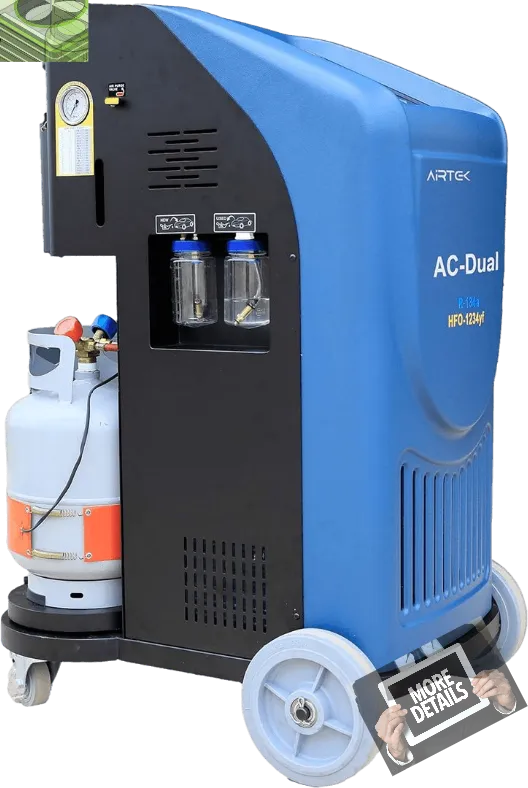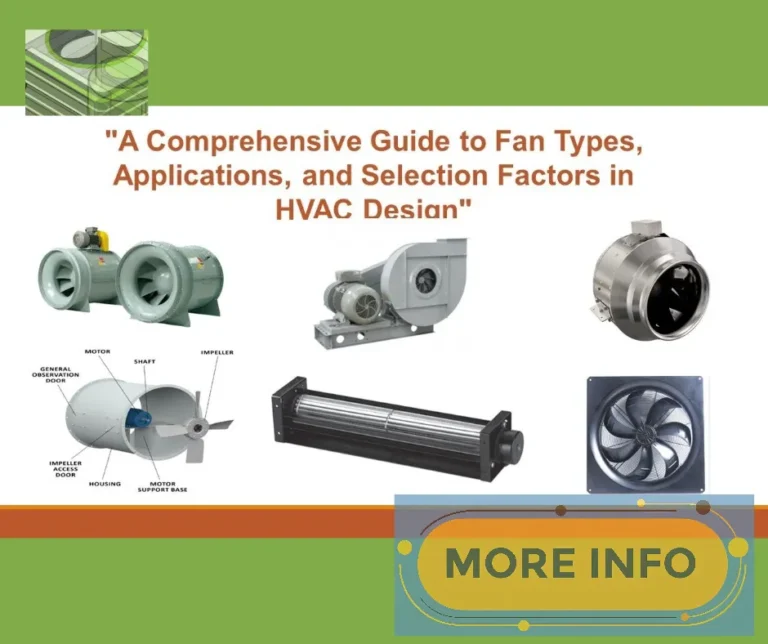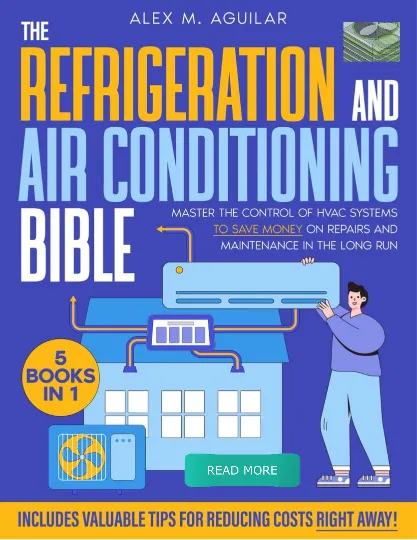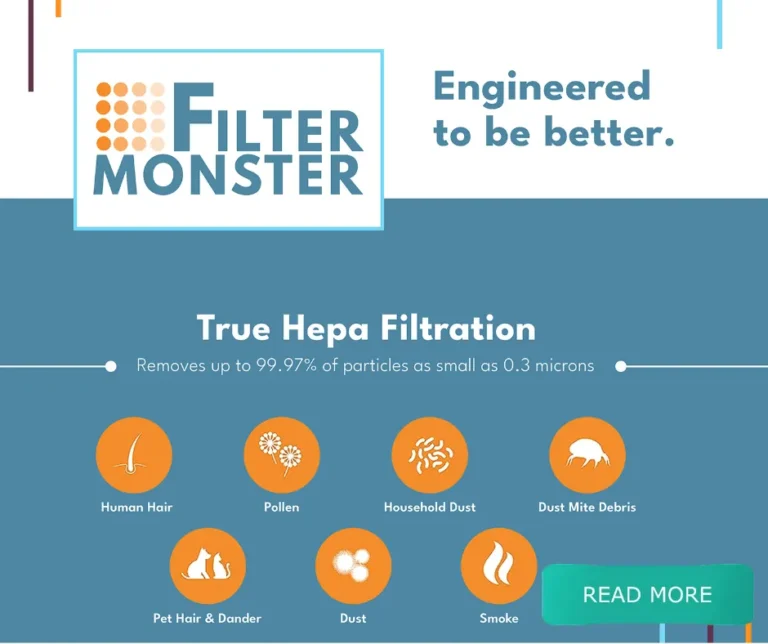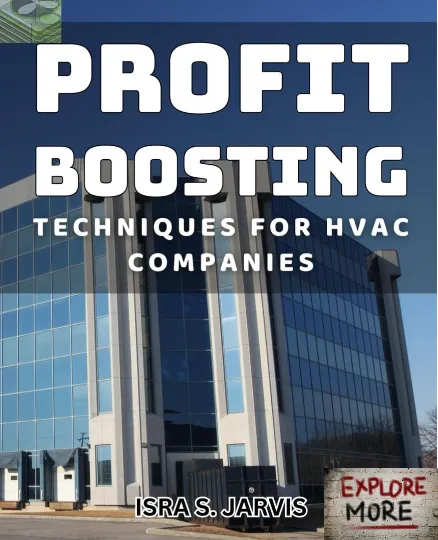Resources for Educating Yourself on HVAC
If you are considering a career in the HVAC industry or simply want to become more knowledgeable about heating, ventilation, and air conditioning systems, there are some essential tips and resources that can help you on your journey.
The world of HVAC can be complex and ever-changing, but with the right tools and information, you can gain a strong understanding of the fundamentals and stay up-to-date on industry advancements.
In this article, we will guide you through the Essential Tips and Resources for Educating Yourself on HVAC.
From online courses and certification programs to industry publications and networking opportunities, we will provide you with a comprehensive list of resources that will help you expand your knowledge and skills.
Whether you are a beginner or an experienced professional, these tips and resources will be valuable assets in your pursuit of becoming an HVAC expert.
So, let’s dive in and explore the world of HVAC education together.
In today’s rapidly evolving technological landscape, an understanding of Heating, Ventilation, and Air Conditioning (HVAC) systems has become increasingly essential, not just for industry professionals but also for homeowners and enthusiasts alike.
As energy efficiency, sustainability, and indoor air quality take center stage in discussions about modern living, educating oneself on HVAC fundamentals can lead to more informed decisions, whether it involves selecting the right system for a home or understanding the intricacies of climate control.
This article aims to equip readers with a curated selection of resources—ranging from online courses and certification programs to books and industry publications—that cater to various learning styles and experience levels.
Whether you are a seasoned technician looking to enhance your expertise or a curious homeowner seeking to demystify your heating and cooling systems, these resources provide valuable insights into the principles, technologies, and best practices that define the HVAC industry.
By investing time in education, individuals can not only optimize their own environments but also contribute to broader efforts in enhancing energy efficiency and sustainability in our communities.
Join us as we explore the wealth of information available to empower your journey into the world of HVAC.
Table of Contents Resources for Educating Yourself on HVAC
Online courses provide comprehensive HVAC training resources for beginners and professionals alike
In the evolving landscape of HVAC education, online courses have emerged as a pivotal resource for individuals at various skill levels, from novices to seasoned professionals.
These courses offer structured curriculums that encompass fundamental principles, advanced techniques, and industry best practices, ensuring learners receive a well-rounded education.
With the flexibility to study at their own pace, participants can revisit complex topics, engage with interactive content, and access a wealth of supplemental materials ranging from video lectures to technical guides.
Moreover, the convenience of online learning platforms facilitates the connection between students and industry experts, enriching the educational experience through discussions, forums, and mentorship opportunities.
This accessibility is particularly beneficial for those who may have geographic or time constraints, allowing a diverse audience to benefit from high-quality training.
As the HVAC industry continues to advance technologically, online courses not only equip learners with essential skills but also keep them abreast of the latest innovations and regulatory standards crucial for their professional development.
Industry websites offer valuable articles, guides, and tutorials to enhance your HVAC knowledge
The wealth of information available on industry websites serves as an invaluable asset for HVAC professionals and enthusiasts alike.
Comprehensive articles delve into a variety of topics, from the latest technological advancements to practical troubleshooting tips, allowing readers to stay informed about industry trends and innovations.
These platforms often feature step-by-step guides and detailed tutorials, which cater to both beginners and experienced technicians seeking to refine their skills or tackle complex challenges.
Additionally, the content on these websites is frequently updated to reflect changes in regulations, standards, and best practices, ensuring that users are equipped with the most current knowledge.
Engaging with this material not only enhances technical capabilities but also fosters a deeper understanding of the underlying principles that govern HVAC systems.
This continuous learning process is essential for maintaining competitiveness in a rapidly evolving field, enabling individuals and businesses to deliver high-quality service and solutions.
Local workshops and seminars promote hands-on experience and networking opportunities in the HVAC field
Participating in local workshops and seminars offers HVAC professionals an invaluable opportunity to gain hands-on experience that complements theoretical knowledge.
These events often feature interactive sessions where attendees can directly engage with equipment, tools, and real-world scenarios, enhancing their practical skills in a supportive environment.
Such immersive experiences allow participants to troubleshoot and solve problems under the guidance of seasoned industry experts, bridging the gap between classroom learning and field application.
Moreover, these gatherings serve as a fertile ground for networking, enabling individuals to build connections with peers, mentors, and potential employers within the HVAC field.
The relationships cultivated during these events can lead to collaborative projects, job opportunities, and the sharing of best practices.
By fostering a community of professionals committed to advancing their expertise, local workshops and seminars contribute significantly to the growth and innovation within the HVAC sector.
In conclusion, educating yourself on HVAC systems is a valuable endeavor that can lead to informed decision-making and enhanced efficiency in both residential and commercial settings.
By utilizing a variety of resources—such as online courses, industry publications, and hands-on training programs—you can gain a comprehensive understanding of heating, ventilation, and air conditioning technologies.
Staying updated with the latest advancements and best practices in the field not only empowers you as a consumer or professional but also contributes to sustainable energy practices and improved indoor air quality.
As you embark on this learning journey, remember that the HVAC industry is constantly evolving, and ongoing education will be key to staying ahead in this dynamic field.
Utilize industry-specific websites and forums
To further enhance your knowledge and understanding of HVAC, it is essential to utilize industry-specific websites and forums.
These platforms serve as valuable resources where professionals and enthusiasts gather to share insights, discuss best practices, and exchange information.
By actively participating in these online communities, you can engage in meaningful discussions, ask questions, and receive expert advice from experienced individuals in the field.
Additionally, industry-specific websites often offer a wealth of resources such as articles, tutorials, and case studies that can broaden your understanding of HVAC principles and applications.
Make sure to bookmark reputable websites and regularly visit forums to stay updated on the latest trends, technologies, and industry news.
Remember, the key to educating yourself on HVAC lies in actively engaging with the community and utilizing the resources available to you.
Attend HVAC workshops and conferences
Attending HVAC workshops and conferences is another essential step in your journey to educate yourself on HVAC.
These events provide valuable opportunities for professional development, networking, and staying updated with the latest advancements in the industry.
By attending workshops, you can gain hands-on experience, learn practical skills, and interact with industry experts who can offer valuable insights and guidance.
Conferences, on the other hand, bring together a diverse range of professionals, presenting a platform for knowledge exchange, attending informative sessions, and exploring new products and technologies.
These events not only expand your knowledge base but also allow you to connect with like-minded individuals, fostering relationships that can be beneficial throughout your HVAC career.
Don’t miss the chance to attend these valuable events and take advantage of the knowledge and networking opportunities they provide.
Read technical manuals and guides
To further enhance your understanding of HVAC systems, it is crucial to delve into the world of technical manuals and guides.
These resources are invaluable tools that provide comprehensive and detailed information about the various components, installation procedures, troubleshooting techniques, and maintenance guidelines specific to HVAC systems.
By immersing yourself in these manuals and guides, you can acquire a deeper comprehension of the intricate workings of HVAC equipment and systems.
Whether you are a novice or an experienced professional, reading these resources will enable you to stay up-to-date with the ever-evolving industry standards and best practices.
With a systematic approach to studying these materials, you can enhance your skills, broaden your knowledge, and become a more proficient HVAC practitioner.
Invest time in reading technical manuals and guides, and you will unlock a wealth of insights that will contribute to your success in the HVAC field.
Seek mentorship from experienced professionals
As you embark on the journey of educating yourself on HVAC, it is essential to recognize the value of seeking mentorship from experienced professionals in the field.
These individuals have accumulated years of practical knowledge and hands-on experience, making them invaluable resources for your learning journey.
By connecting with a mentor, you can benefit from their guidance, advice, and industry insights.
They can provide you with real-world perspectives, share industry best practices, and offer practical tips that you won’t find in textbooks or manuals.
Additionally, mentoring relationships can open doors to networking opportunities, allowing you to build relationships with other professionals in the HVAC community.
Embrace the opportunity to learn from those who have already paved the way, and you will accelerate your growth and development in the HVAC industry.
Stay up-to-date with industry developments
To excel in the HVAC industry, it is vital to stay up-to-date with industry developments.
As technology and regulations continue to evolve, it is crucial to remain knowledgeable about the latest advancements and changes within the field.
One effective way to stay informed is by subscribing to industry publications and newsletters.
These publications often feature articles on emerging trends, new technologies, and updates on regulations and codes.
Additionally, online forums and discussion boards dedicated to HVAC professionals can provide valuable insights and discussions on current industry topics.
Attending industry conferences, seminars, and webinars is also a fantastic way to gain firsthand knowledge and connect with experts in the field.
By actively seeking out and consuming relevant industry information, you will position yourself as a knowledgeable and adaptable professional in the ever-changing HVAC landscape.
As you continue to educate yourself on HVAC, it’s important to remember that this field is constantly evolving and there will always be new information and techniques to learn.
Utilizing reliable resources such as industry publications, online courses, and hands-on experience will help you stay up-to-date and enhance your skills as an HVAC professional.
By taking the time to educate yourself, you are not only improving your own knowledge and expertise, but also ensuring that you provide the best services to your clients.
So keep learning and never stop striving for excellence in the HVAC industry.


